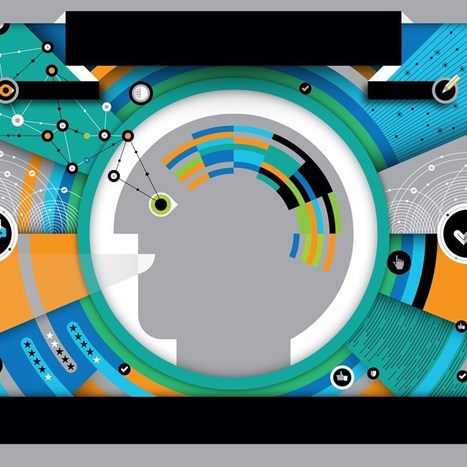Robin Good: If you are interested in learning what the "reputation economy" is all about and why it will trump traditional approaches to marketing in the next few years, I highly recommend reading this Wired feature article.
In it you will find not only lots of good information on what measuring reputation really means, and how reputation may be used in the near future, but you will also get a shortlist of the key companies moving in this space and a simple ten-step reputation plan that you can use to start steering in the right direction.
Here a few excerpts from it:
"When asked for the sources upon which a user's trustworthiness is based, reputation startups list the usual suspects -- LinkedIn, Facebook, Twitter -- but refuse to go further, saying that the algorithm is proprietary.
For these trust-validation services to become credible they're going to need to differentiate their products from those offered by companies such as PeerIndex, Kred and Klout, which collect digital information from different social-media sources.
Their metrics -- who I "follow", who "follows" me, who I know professionally, where I check in, what I chat about -- are measuring social influence, not reputation.
"Influence measures your ability to drag someone into action," says Joe Fernandez, cofounder of San Francisco-based Klout (wired 08.12). "Reputation is an indicator of whether a person is good or bad and, ultimately, are they trustworthy?"
"...reputation is largely contextual, so it's tricky to transport it to other situations. Sure, you might be an impeccable Airbnb host, but does that mean I would trust you with my car?"
"...Many of the ventures starting to make strides in the reputation economy are measuring different dimensions of reputation.
On Stack Overflow, for instance, reputation is a measure of knowledge; on Airbnb it's a measure of trust; on Wonga it's a measure of propensity to pay; on Klout and PeerIndex it's a measure of influence."
"The most basic level is verification of your true identity -- is this person a real person? Are they are who they say they are?
It's also foreseeable that data giving a good indicator of character, such as reliability and helpfulness, in one marketplace is a baseline of how you will behave in another marketplace.
Do we do what we say we are going to do? How well do we respect another person's property? Can we be trusted to pay on time?"
Valuable read. Recommended. 9/10
Full article: http://www.wired.co.uk/magazine/archive/2012/09/features/welcome-to-the-new-reputation-economy?page=all



 Your new post is loading...
Your new post is loading...







